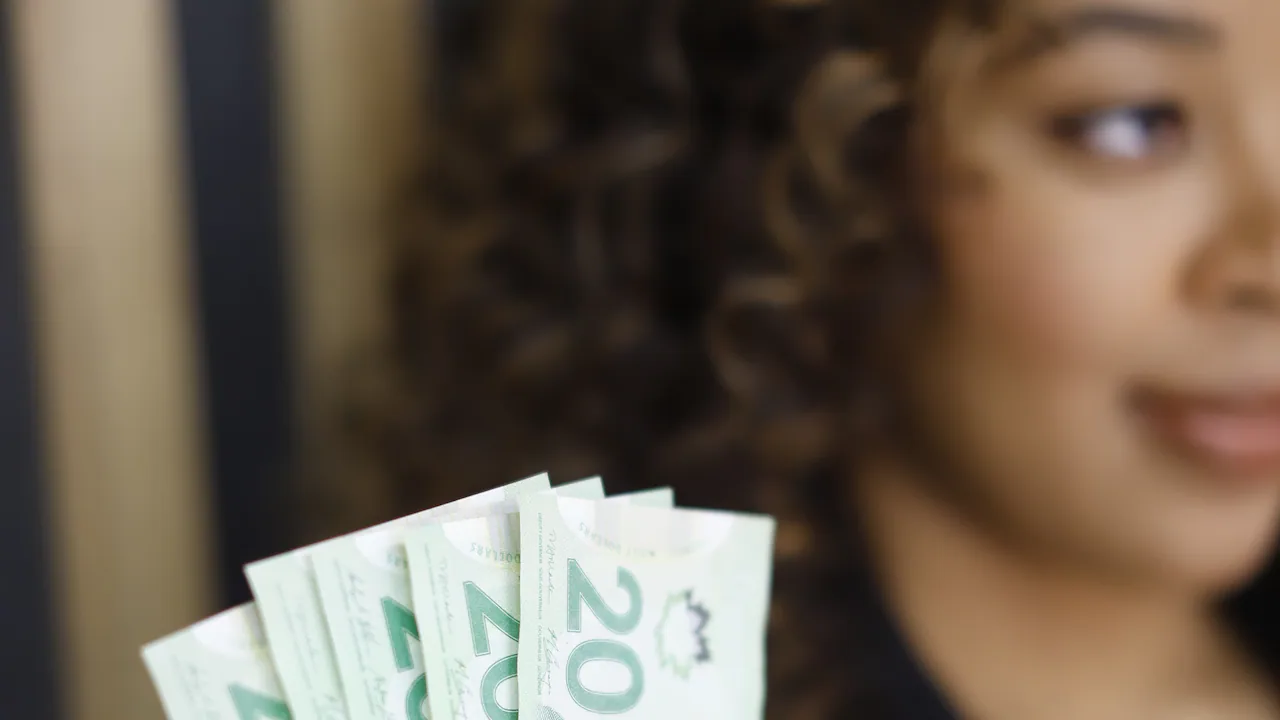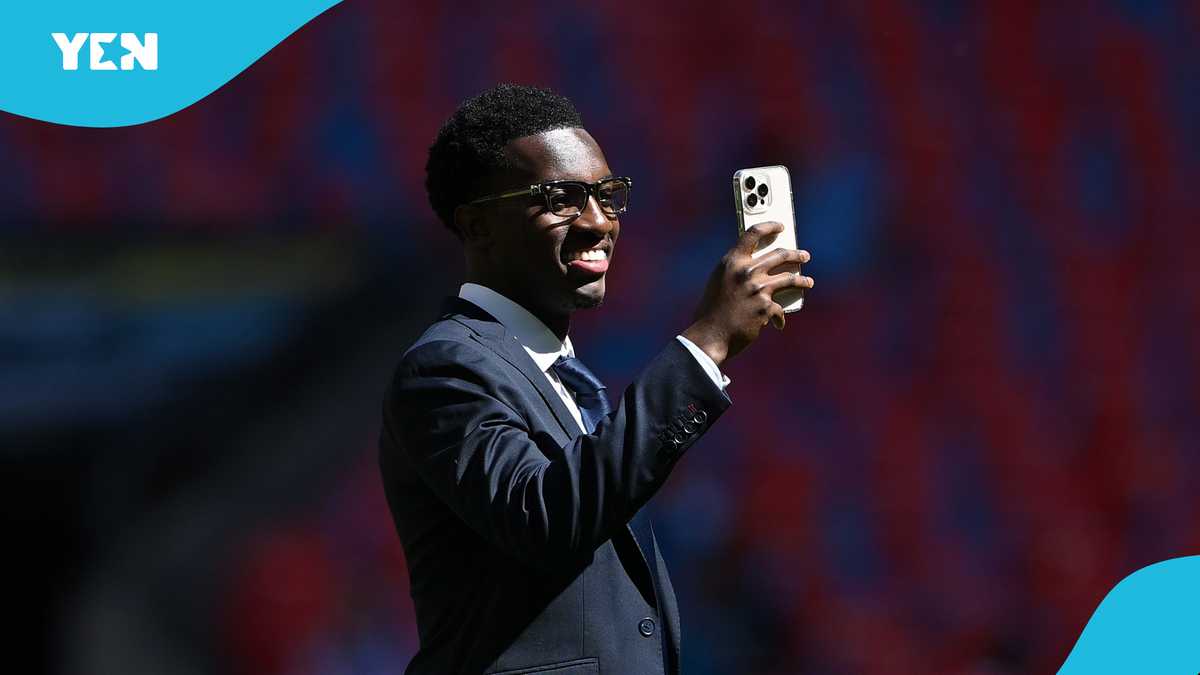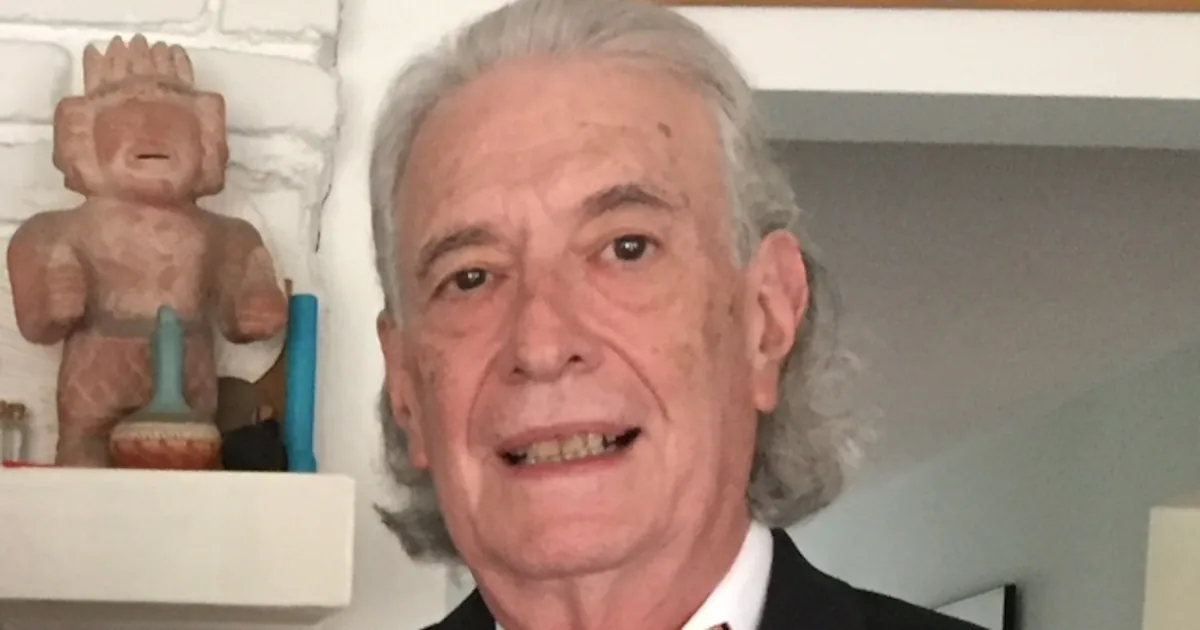Copyright cbc

When I worked on major projects where there’s a lot on the line, I’d disappear into them. There were days where I’d forget to eat and weeks where I’d forgotten what the sun felt like on my skin because I was working so hard on a project that I never left my desk. Sometimes even bathroom breaks were forgotten. I convinced myself that this level of focus was required to achieve my goals. During one of those stretches, my partner expressed his concerns and begged me to go to therapy to talk about my intense working habits that kept me in a perpetual state of burnout. It was a sobering moment. At first, I was in denial. I thought he was being dramatic. Surely this level of concern wasn’t warranted. I was simply going through a rough patch at work just like everyone else does sometimes, right? After further self-reflection, I realized my “rough patch” wasn’t normal at all. Once I eventually accepted that I did indeed need help, I realized that my unhealthy obsession with excelling at work wasn’t just because I wanted to succeed or the project to perform well. It wasn’t just because this was the highest-paying job I’d ever had. It was because my fear of debt fuelled my exhaustion. I had weak boundaries and overworked myself. I was terrified that slowing down meant falling into debt. I didn’t grow up with access to a lot of money. I was raised by a single Jamaican mother in community housing. The lessons I learned from her are similar to the financial advice that many Caribbean parents give their children: save relentlessly, always have “vex money” (a secret emergency fund for when life takes a bad turn) and never risk losing the steady job that secures a pension. That advice, combined with seeing some of my neighbours rely on food banks and clothing drives when money ran out, shaped a deep fear of scarcity. I never wanted to be in a position where I couldn’t afford groceries or had to depend on others to get by. I’ve always been afraid of not having enough, and that fear followed me into adulthood and shaped my relationship with money. Ever since I’ve been legally allowed to work in Canada, I have. I got my first job at McDonald’s in high school. In university, I juggled classes alongside a job at a mall to pay my tuition so that I wouldn’t need a student loan and an internship at a music label. That drive to avoid being in debt at all costs continued even when I graduated debt-free from university. It didn’t matter that I could pay my bills comfortably. I still bought the least expensive groceries, used coupons and was always on the lookout for the best deal. Any credit card charge would be immediately paid so I didn’t have any debt hanging over me (or I would proactively transfer money onto my card to maintain a positive balance). Till this day, I’ve never had a credit card bill with a balance on it. If I wanted any kind of luxury item, I would eventually talk myself out of it because it wasn’t a necessity and the more responsible decision would be to keep that money in the bank. Was I perpetually exhausted? Yes. But was I fulfilled that I was financially self-sufficient? Also yes. It was a worthwhile trade-off until it wasn’t. By the time I turned 29, I was so burnt out from climbing the corporate ladder while managing side hustles, such as co-hosting a podcast and freelance voice acting, that I decided it was time to take a six-month sabbatical. I spent 18 months saving up for it so that I had enough money to spend during that time while still maintaining a fully funded emergency account. I used that time to travel solo, recover from constant overwork and rethink my next chapter of life. I had extra peace of mind knowing that a job was waiting for me once my sabbatical was over so that I could continue working and earning an income that I missed out on while I was away. I came back to work so refreshed, energized and confident in my abilities that I landed a job at a new company that paid me a lot more money than my previous role. A win, right? It certainly started that way until I fell back into old patterns. I was making more money than I ever had. It felt like I had unlocked a new world of wealth that I never thought I’d have access to, but I made sure to keep my costs low and not fall victim to lifestyle creep, which I knew can be a slippery slope into debt. It was only a matter of time before I let a job that I held high up on a pedestal become the catalyst for my next burnout episode. It was so important for me to maintain that job that I was willing to go above and beyond healthy working boundaries to make it work. Working nights and weekends for my “9-to-5” job was my norm. It wasn’t until my partner expressed his concerns that I realized I was heading down a dangerous path. After discussions with my therapist and family doctor, we made the collective decision that it was time for me to take a step back from work. I was approved for a two-month stress leave. I realized I couldn’t continue being so anxious about something as simple as my phone vibrating because it might be a work email. What’s the point in having money if you’re not healthy enough to enjoy it? In those two months, I was finally able to breathe for the first time in a long time. I learned to slow down and rest. The concept felt foreign to me, but it wasn’t long before I got the hang of it. The doctor’s orders were exactly what I needed to begin to heal my dysregulated nervous system. A week after I returned to work, I was laid off as part of a company wide layoff that affected thousands of employees. It was a shock, but I wasn’t devastated. In fact, I felt relieved. The decision to stop “pushing through” an environment I wasn’t thriving in was made for me, and I was grateful. Rather than jumping straight back into a job search, I decided to continue my “rest era.” My partner and I moved to Spain for a year and I was able to spend a lot of time at the beach, basking in the sun I’d once traded for endless work. During that time, I also started a company called Liberty Leave that helps burned-out women plan sabbaticals or career breaks without sacrificing their financial futures. It’s meaningful work for me because taking breaks from work has played a pivotal role in my healing. I don’t make nearly as much money as I did while I was working at my corporate job, but I’ve since learned that money isn’t the only form of wealth. These days, wealth looks like time freedom, community and a regulated nervous system. I work significantly fewer hours now and mostly focus on tasks that light me up — not ones that make me lose my spark. Entrepreneurship brings its own challenges, but I’m grateful for how far I’ve come. A few months ago, at age 34, I decided to impulsively purchase a second-hand luxury bag that I fell in love with at first sight. I don't regret it, and I'm proud of myself for finally buying myself something I've always wanted and know I deserve. My close friends are still in shock that I went through with the purchase because I typically overthink it and walk away. I still budget carefully but I’ll never work myself to that breaking point again. No amount of money is worth my inner peace. more info on how to pitch to us



